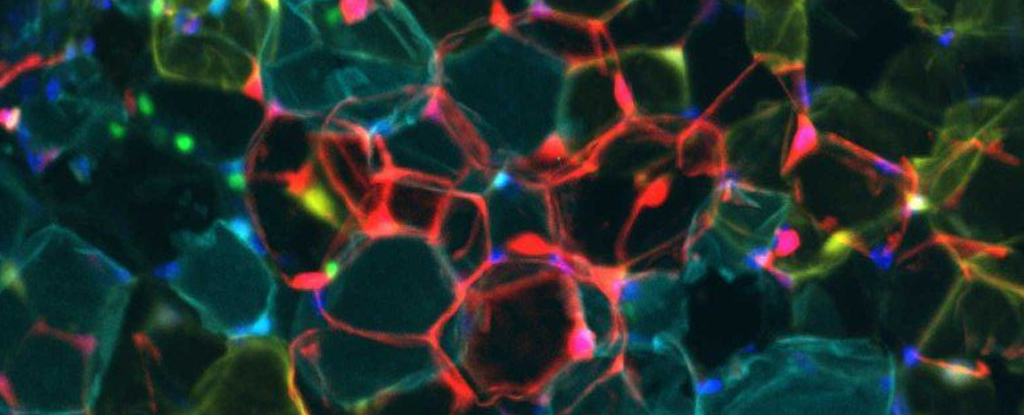
A recent study led by researchers from multiple institutions in the United States has identified a crucial mechanism in the body’s metabolic processes that could promote weight loss. The investigation focuses on the role of the amino acid cysteine, suggesting that managing its levels might enhance the body’s ability to burn calories. This finding sheds light on why reducing caloric intake often results in weight loss, highlighting a biological switch that converts white fat into energy-burning brown fat.
The research indicates that lower levels of cysteine can significantly influence fat transformation. White fat, typically stored in the body, becomes brown fat, which is utilized for energy and heat production. This process effectively acts as a biological engine for weight loss. “These results suggest future weight management strategies that might not rely exclusively on reducing caloric intake,” says Krisztian Stadler, a biomedical engineer at the Pennington Biomedical Research Center.
To explore this concept, the researchers conducted experiments involving mice that were unable to produce cysteine. Within a week, these mice experienced a dramatic weight loss of between 25% and 30% compared to their counterparts that could synthesize the amino acid. Although the study did not involve human subjects, data from 238 individuals participating in a calorie-reduction diet revealed lower cysteine levels in their fat tissue. This suggests a potential correlation between caloric intake and cysteine levels in humans.
The implications of this research are significant. By targeting cysteine, there may be potential for innovative approaches to metabolic management. Nonetheless, caution is warranted. Blocking cysteine led to a life-threatening decrease in weight in the mice, although their weight was restored once cysteine levels were normalized. Cysteine is essential for various metabolic functions, emphasizing the need for careful consideration in any weight loss strategy.
“In addition to the dramatic weight loss and increased fat burning resulting from the removal of cysteine, the amino acid is also central to redox balance and redox pathways in biology,” Stadler explains. This complexity arises from the intricate nature of human metabolism, where disrupting one process can influence many others.
The study’s findings were published in Nature Metabolism, marking a significant advancement in understanding energy metabolism. “Reverse translation of a human caloric restriction trial identified a new player in energy metabolism,” states Eric Ravussin, a physiologist at the Pennington Biomedical Research Center. This research opens new avenues for potential weight management solutions that could complement traditional dietary approaches.
As scientists continue to unravel the complexities of metabolism, the role of cysteine may become an essential factor in developing more effective weight loss strategies, encouraging a more nuanced understanding of how our bodies manage energy.






